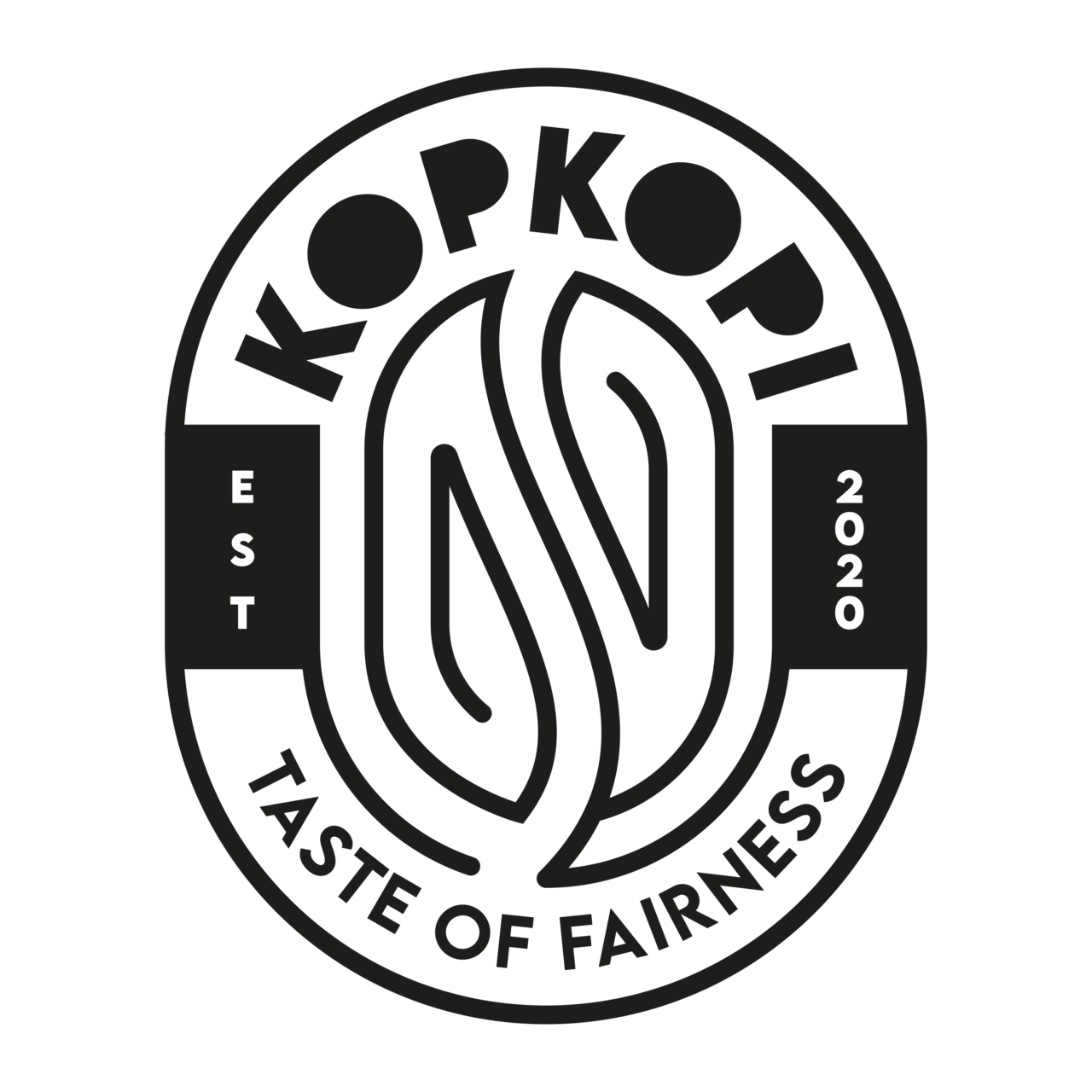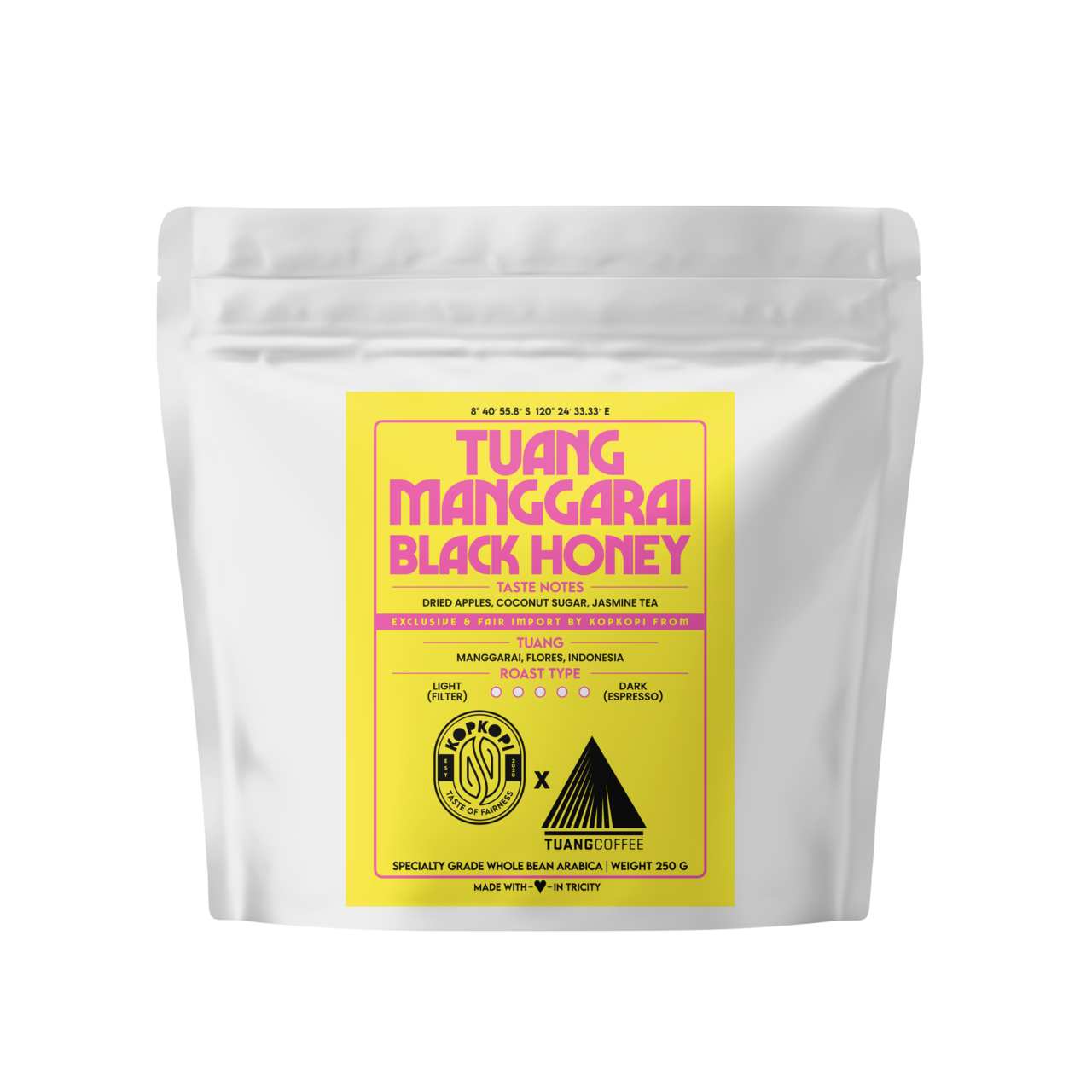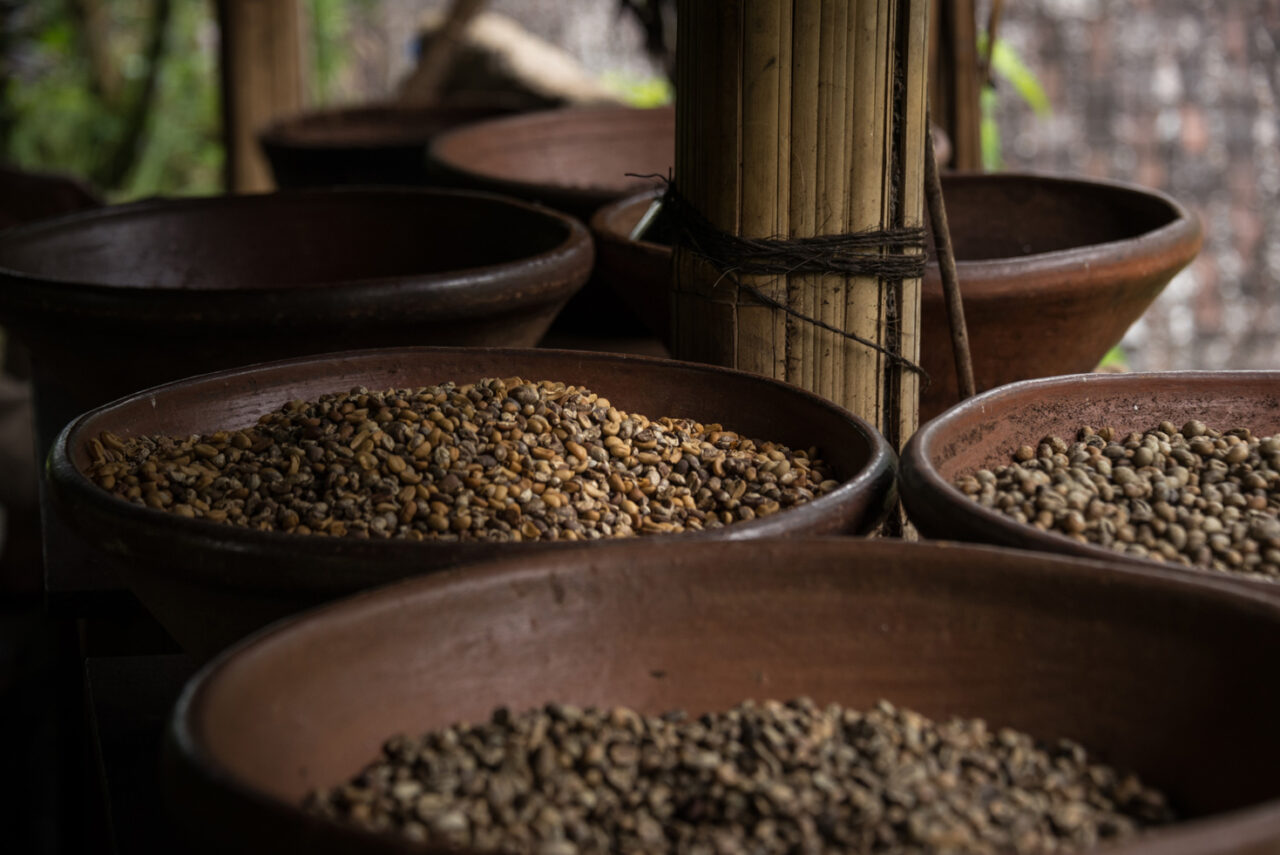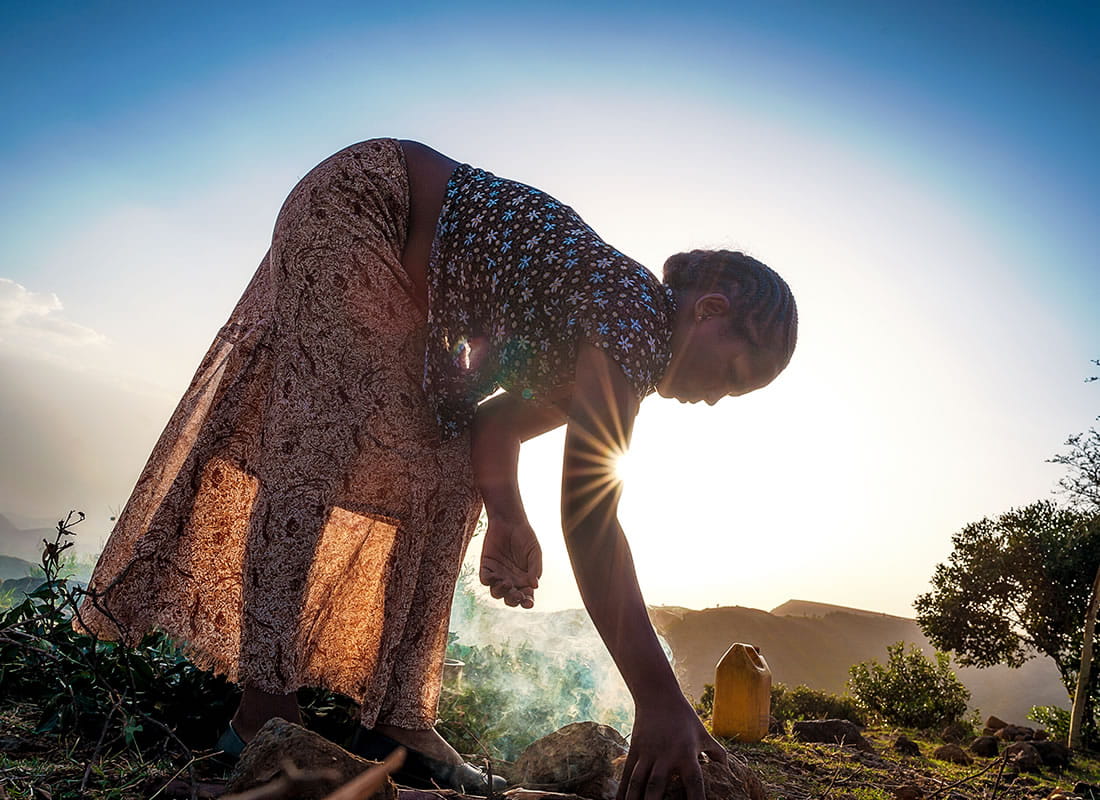KOPI LUWAK, THE MYTH, THE Legend AND THE SHIT
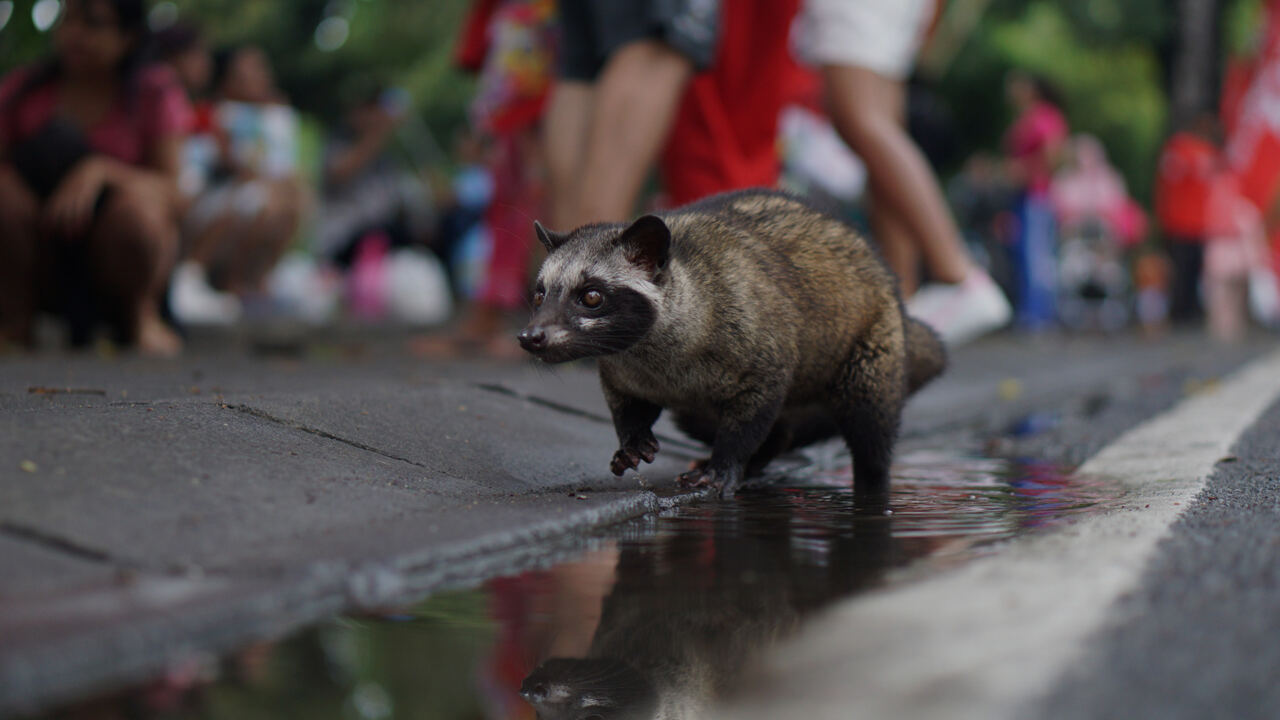
MYTHS AND LEGENDS AROUND THE KOPI LUWAK TOPIC.
A few sentences of introduction – what exactly is kopi luwak? For those unfamiliar with the Kopi Luwak “phenomenon” – it’s coffee beans extracted from the droppings of an exotic animal called a civet, or weasel, or luwak. In ancient times, they lived in the wild and fed on coffee plants, eating the ripe fruit – coffee cherries.
Their digestive system digests the skin and pulp, leaving the coffee bean – which they then excrete. Since then, humans have rinsed the beans excreted by civets, roasted them, and made a coffee brew from them. Thanks to the stomach acids, it is supposed to be free / rid of / of acidity, bitterness and have a sweet, chocolatey-caramel taste.
This coffee is considered the most expensive in the world (apart from Blue Mountain and Kona), which in many people’s eyes is the definition of something exquisite and most delicious. In fact, the price of these beans is due to two specific factors: the production process and very good marketing.
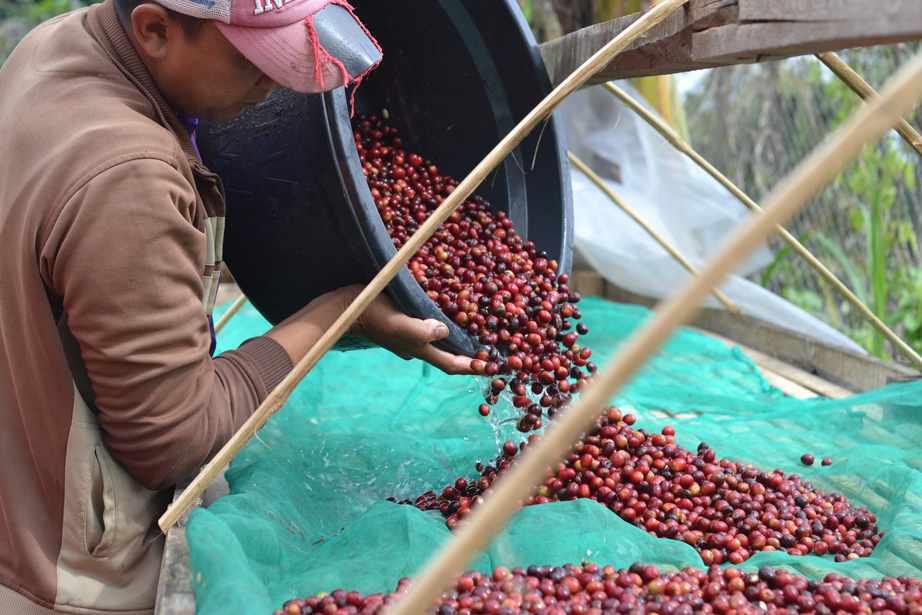
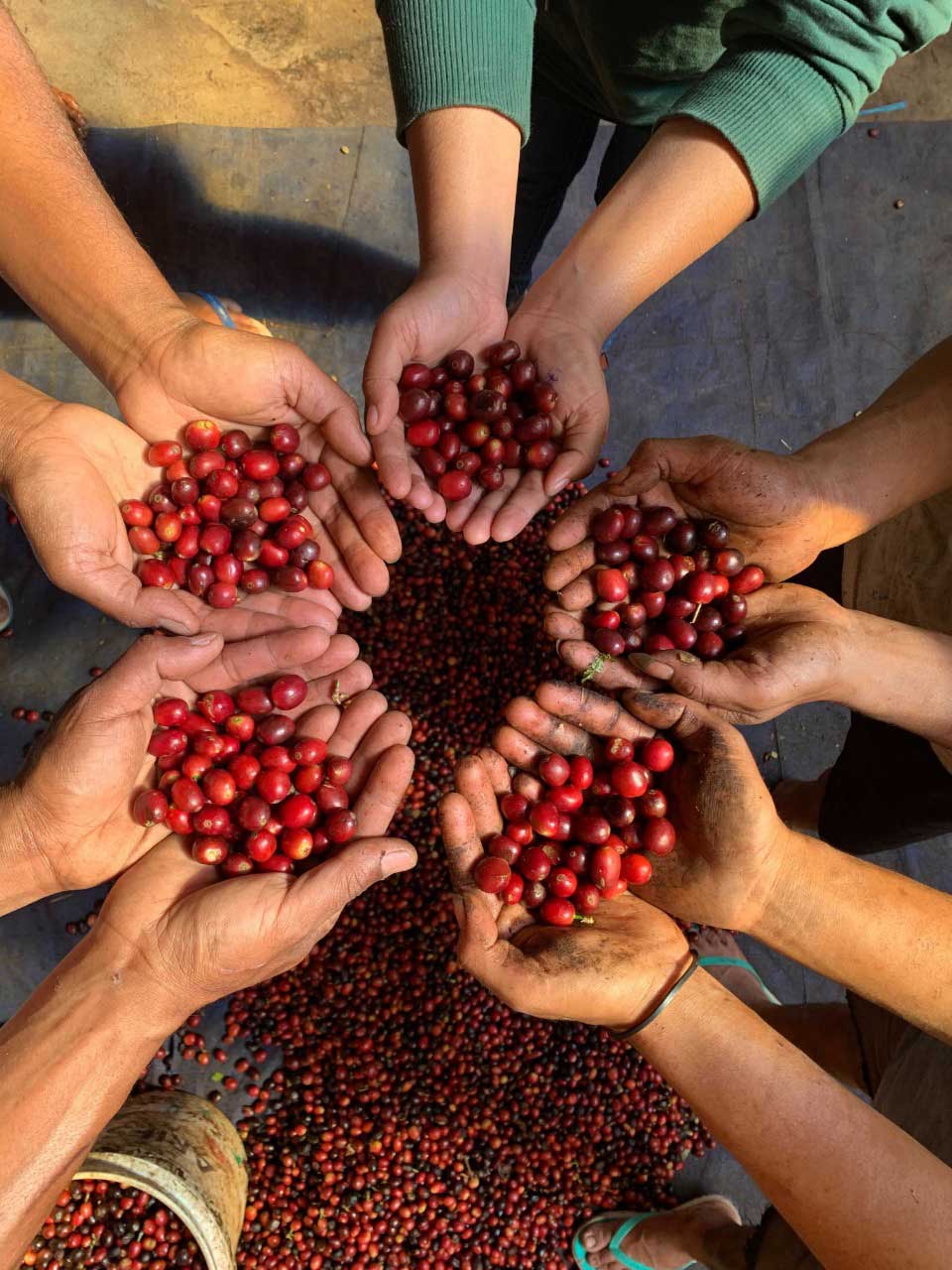
WORLD’S MOST EXPENSIVE COFFEE
At first glance, everything looks smooth – the symbiosis of human beings with nature, and none of the coffee crop goes to waste. The whole problem arises because of one very characteristic human vice – orderliness. It’s all because of the flavor myth (already described above) created around Kopi Luwak. This is when a greedy thought first occurred to civet farmers – a huge increase in production of the world’s most expensive coffee means huge profits.
CIVET FARMS
Civet farms in the Southeast Asian region sprang up one after another, and the animals were even stuffed with coffee beans. In many cases, this led to the destruction of the organisms of these furries, who shared the fate of geese in France fattened on foie gras – they were turned into living ATMs fermenting the beans. Their digestive systems, interestingly enough, do not receive high quality beans – these defend themselves in the coffee market.
They are stuffed with cheap arabica, beans with defects and robusta. It’s cheaper and more efficient for a large final profit to choose the cheapest beans – including those with defects.
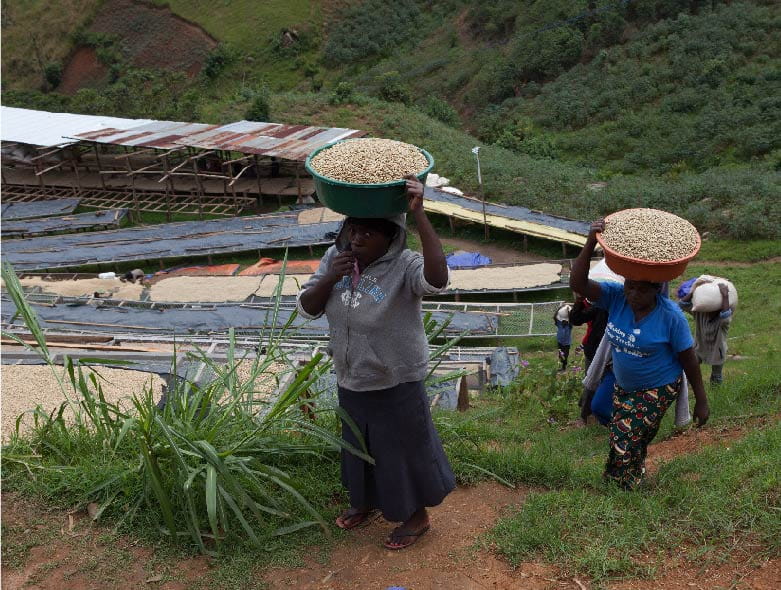
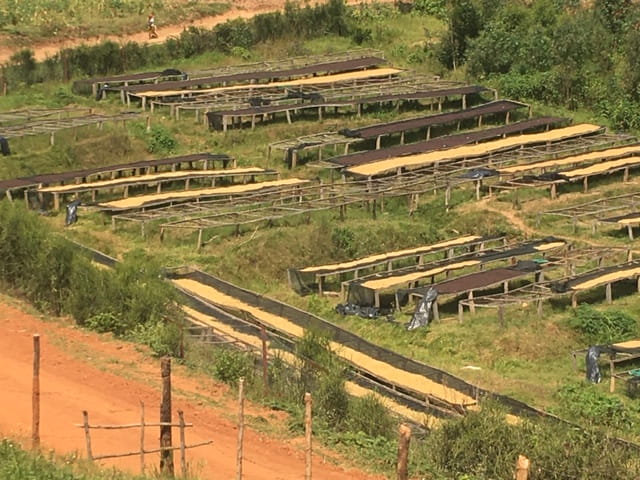
DISCOVERY
The Western world discovered kopi luwak thanks to the traveller Tony Wild, who brought the beans back as a curiosity from his travels. It has become such a sought after commodity that it has pushed prices upwards – leading to the current market situation.
When we drink Kopi Luwak, we are supporting a business that exploits animals on a massive scale – which then uses us to sell us an average cup of coffee for horrendous amounts. Ask yourself if it’s worth it – without, of course, discounting the suffering of animals, which deserves the loudest possible publicity.
WILD
‘Wild’ (meaning the animals are not caged and stuffed with grains, they just roam free in the jungle) luwak farms do exist – but are incredibly rare. Real kopi luwak costs well over $1,000 per kilo. So, is coffee from Bali kopi luwak? NO!
By being a tourist paradise for travelers, the history of Luwak coffee does not originate from the island. This heritage comes from a time when Indonesians could not drink coffee and had no access to the plantations that merchants from the western world did. So when they found these distinctive beans – they decided to try them. Let’s go forward 200 years – the beans became a regional delicacy and a global export.
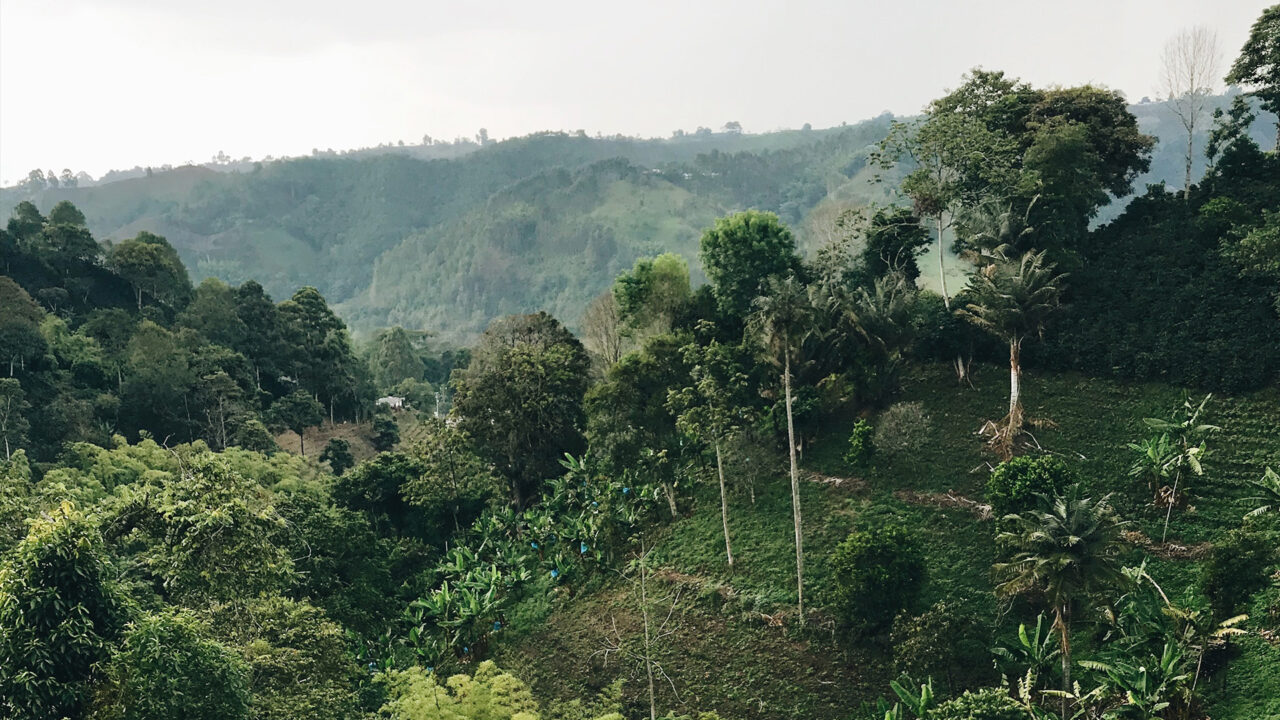
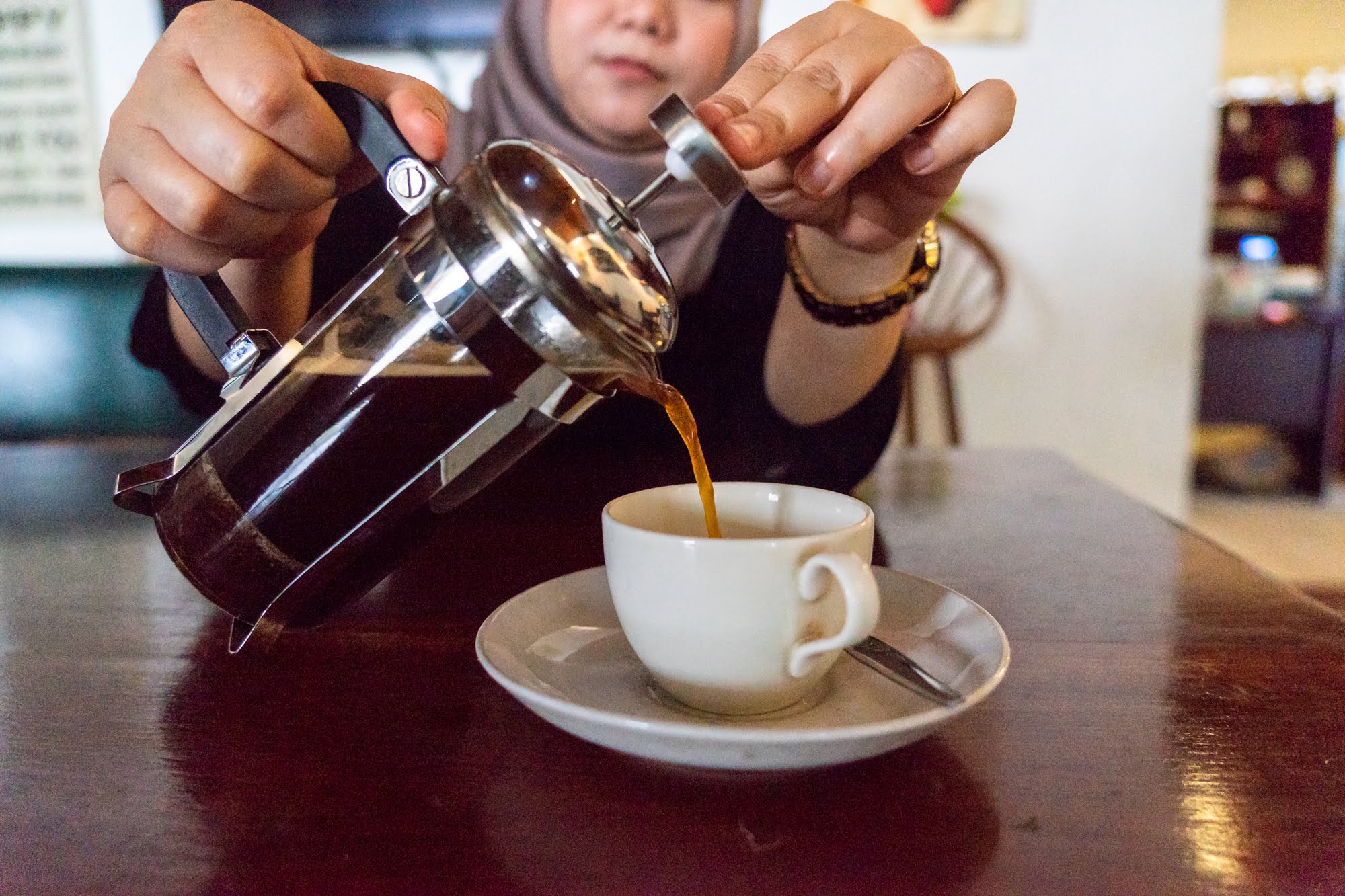
TRY IT FOR YOURSELF
Still want to try kopi luwak? Do you crave that caramelly, sweet taste without the bitterness? Try our La Paz for that milk chocolate taste note or grab our Peruvian single origin decaf, that has brilliant taste notes of glazed cherry & chocolate with milk and hazelnuts, or, alternatively, get your hands on premium coffees from Brazil, Guatemala or El Salvador.
Very high quality specialty coffees are priced between 150-300 USD per kilo – 10 times less than luwak. In return, you get coffee that you know everything about – where it comes from, who grew it on which plantation, what botanical variety it is, what processing method was used, the harvest date and its flavor profile.
TRY OUR LA PAZ QUICHE WASHED AND OUR OTHER COFFEES:
Coffee varieties, varietal, cultivar; What does it all mean?
WHY ARE COFFEE VARIETIES IMPORTANT? How important coffee varieties are depends on your role in the coffee supply chain. If you’re a consumer, you migh...
Flavourful Encounters and Inspirations: KOPKOPI at Kolonia Artystów
Discover the magical world of specialty coffee in our latest blog post. Get to know Kolonia Artystów, a place where coffee passion meets art and cultu...
GET TO KNOW OUR BOURBON Coffee from Rwanda
2°30’40.3″S 29°41’04.0″E BOURBON HUYE HONEY Get to know our Bourbon Huye Honey coffee, from history to brewing guide. Find out more about our Bourbon ...
